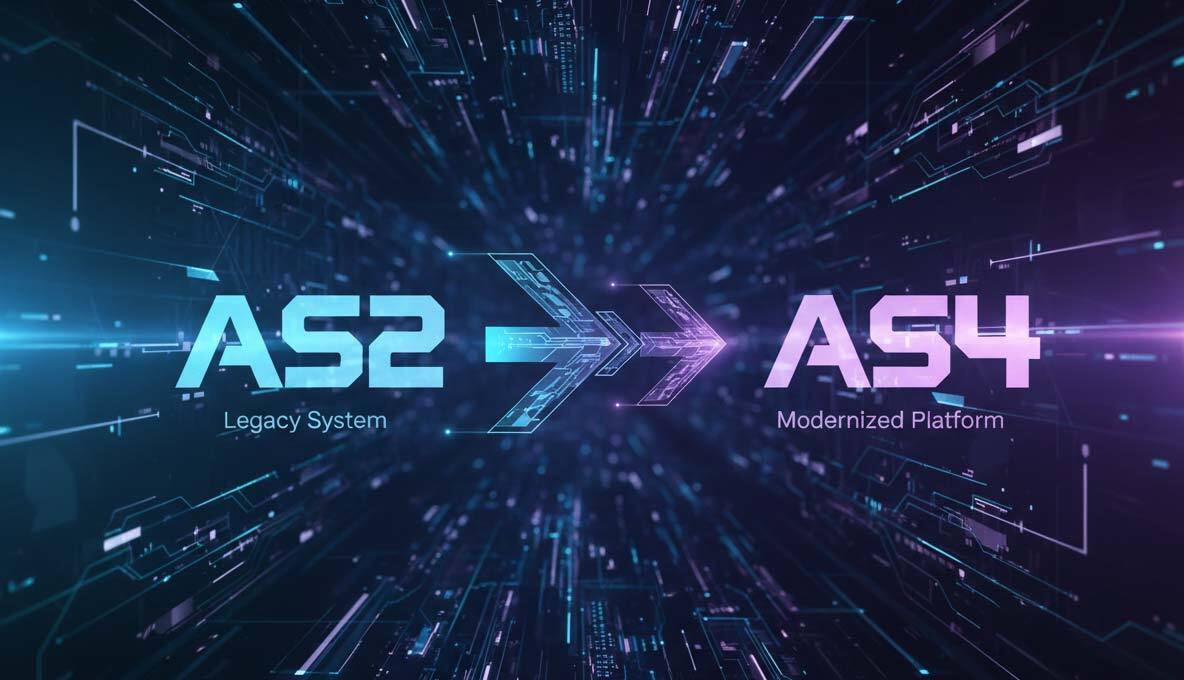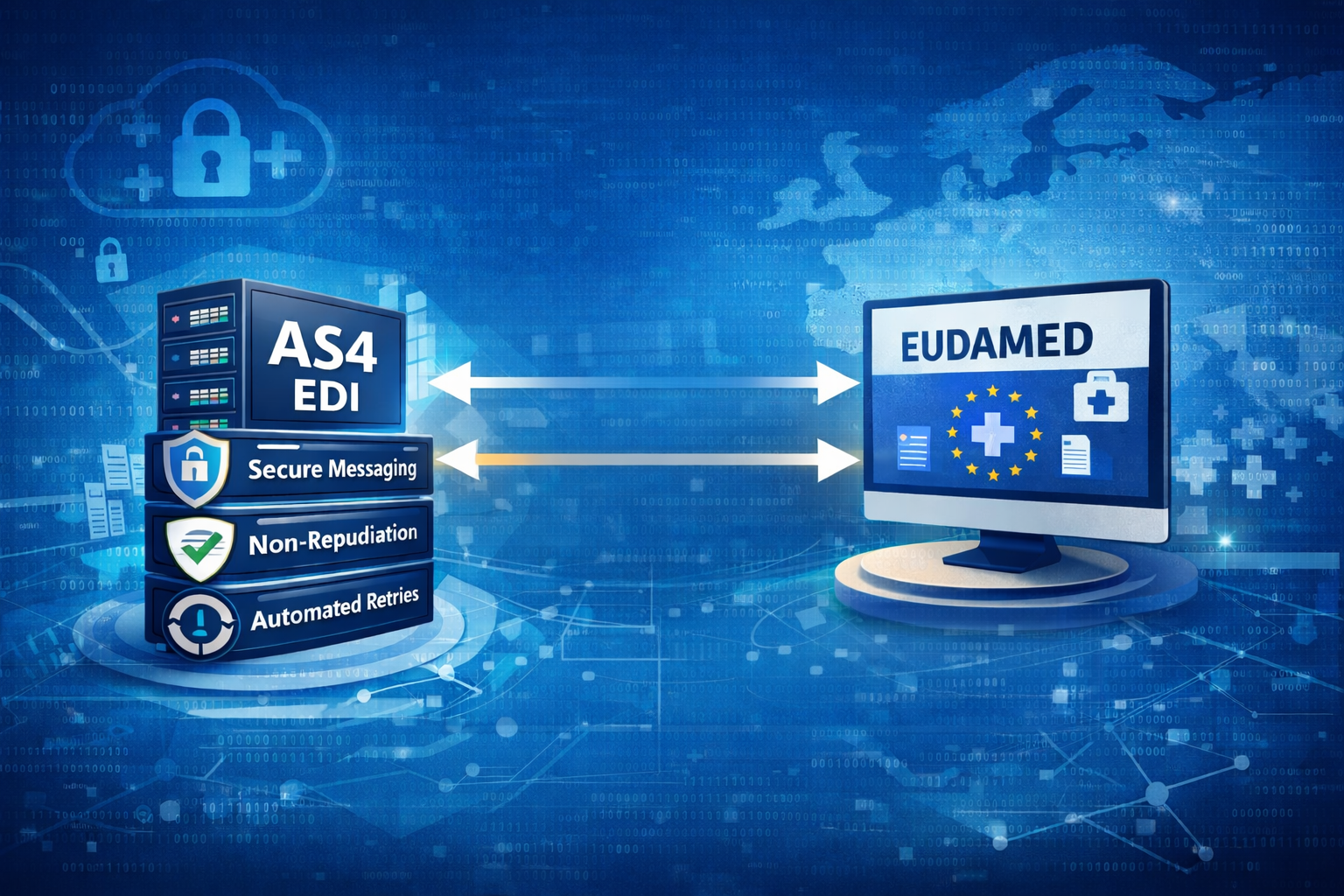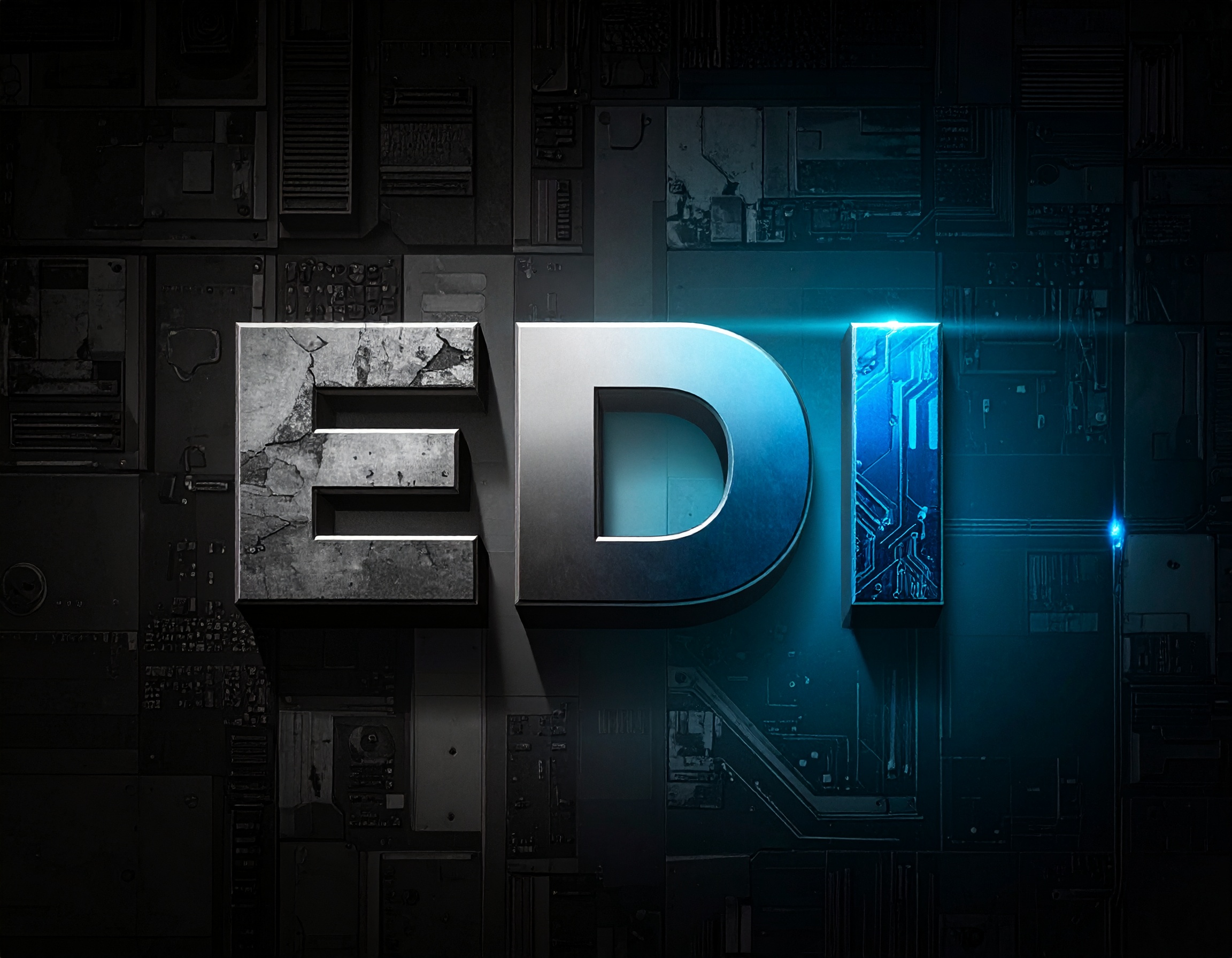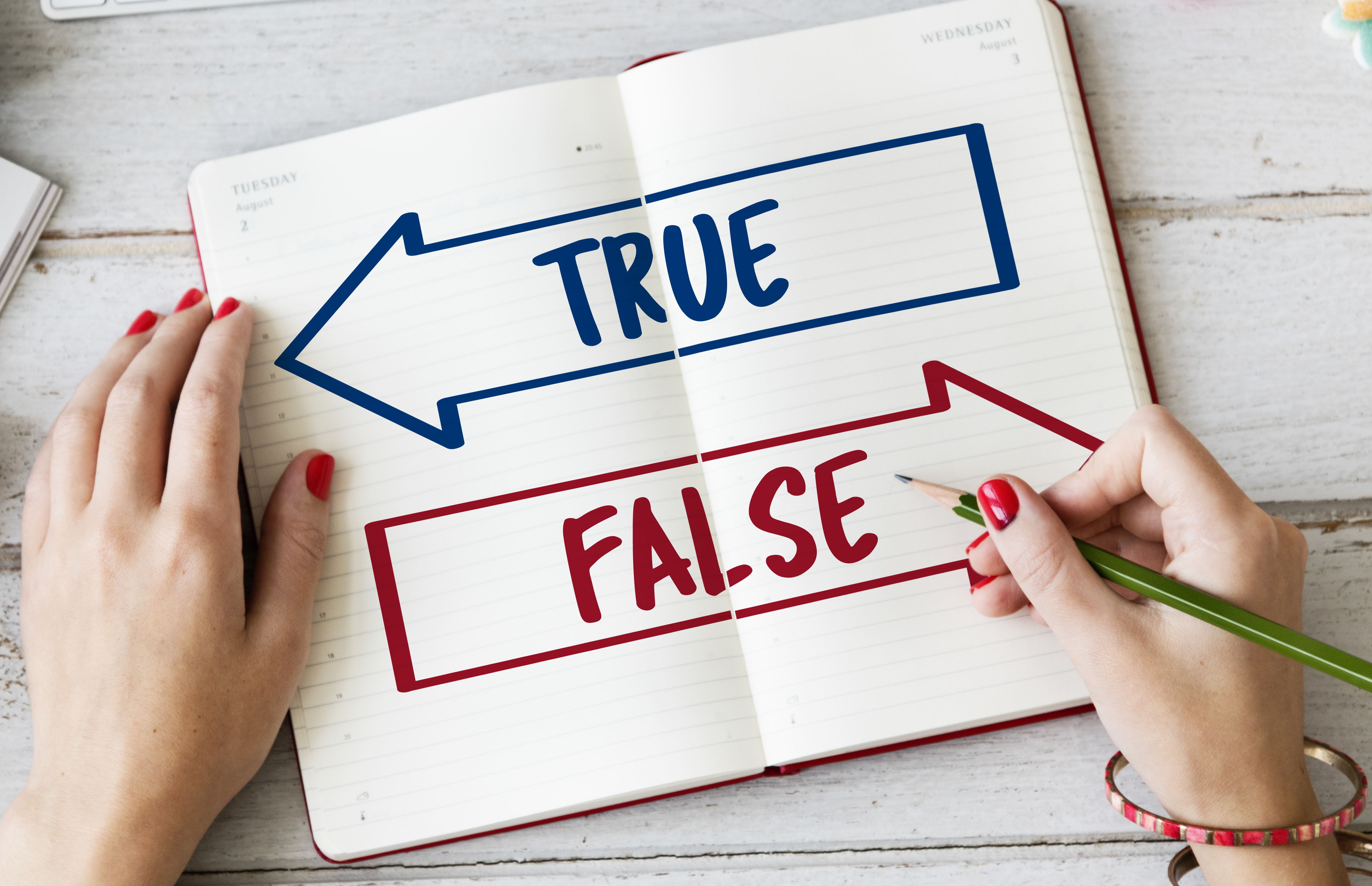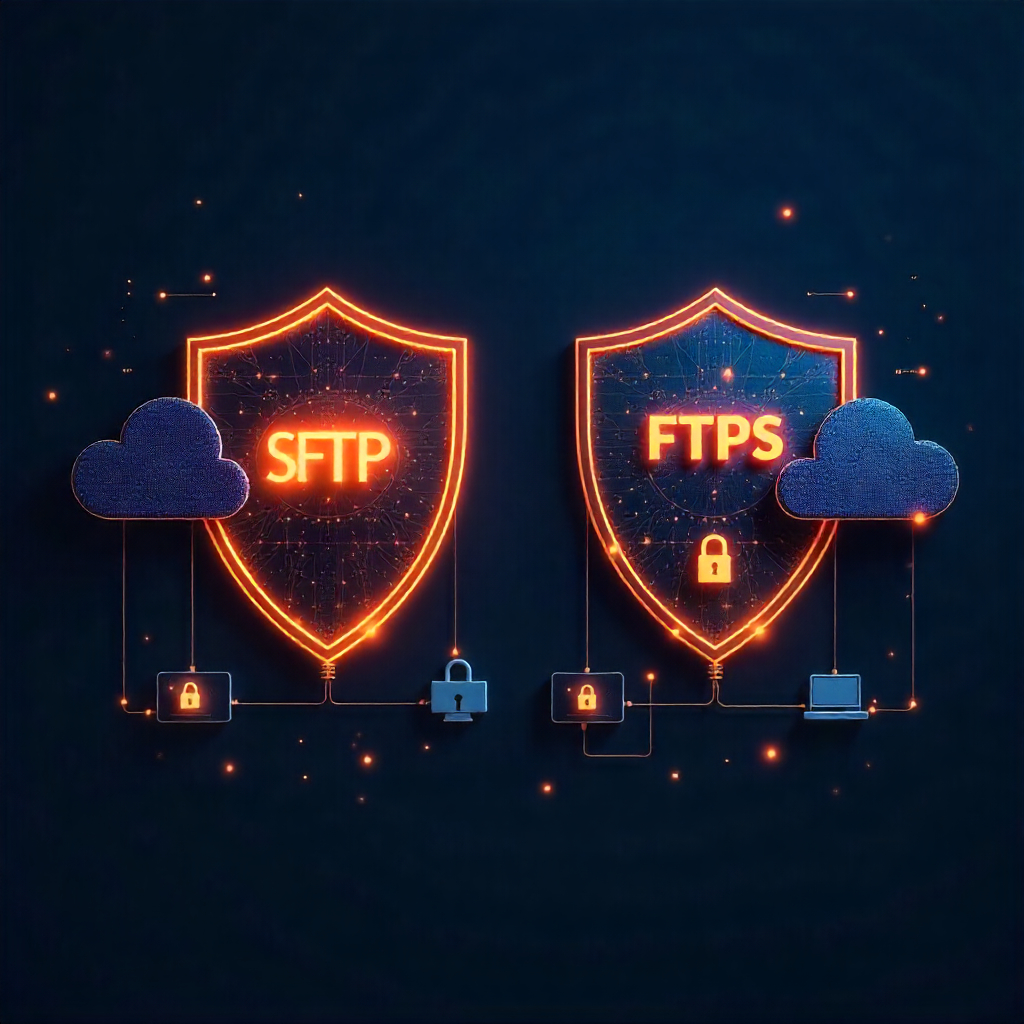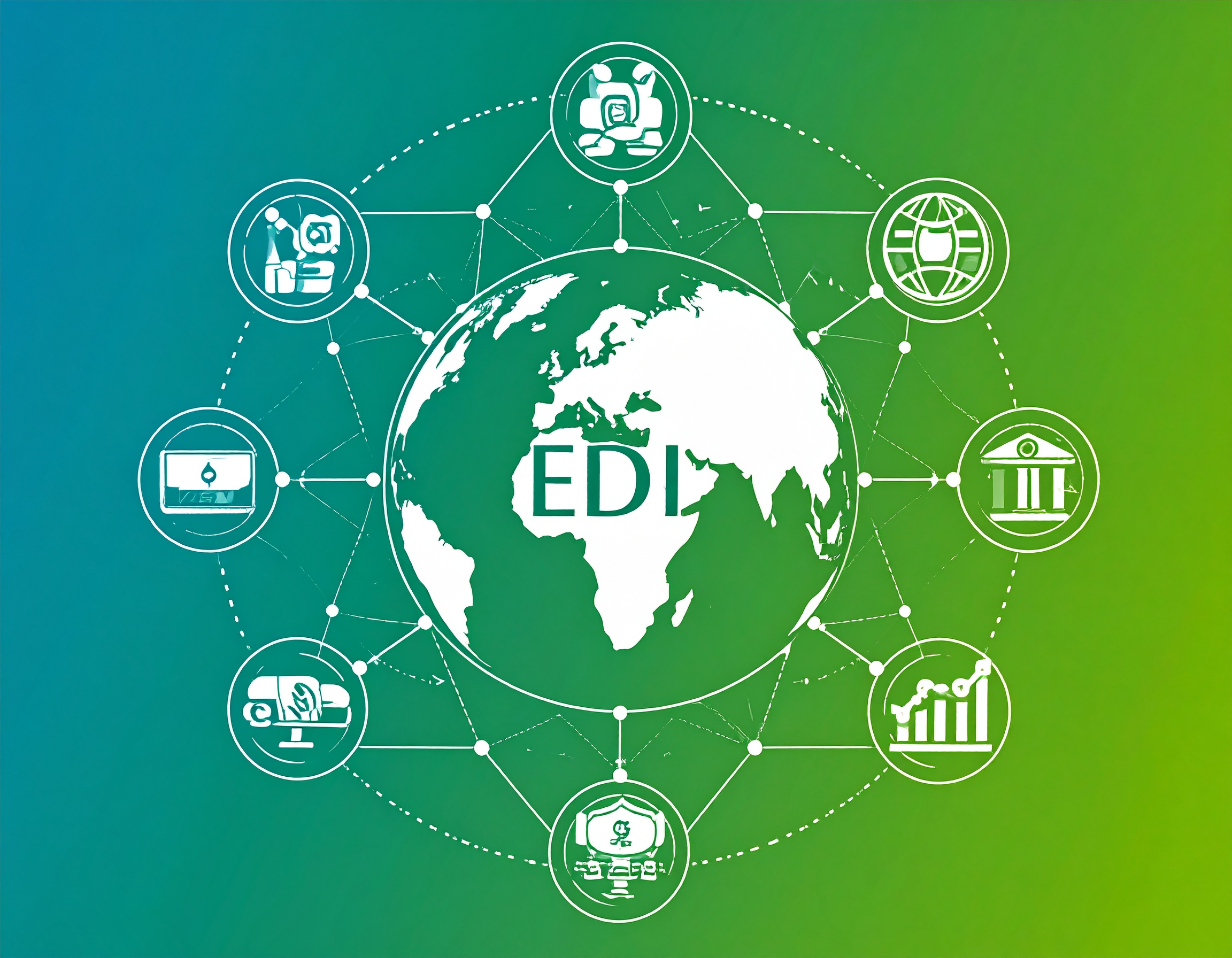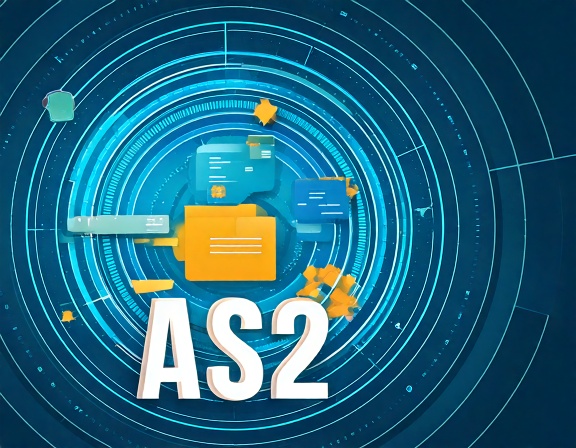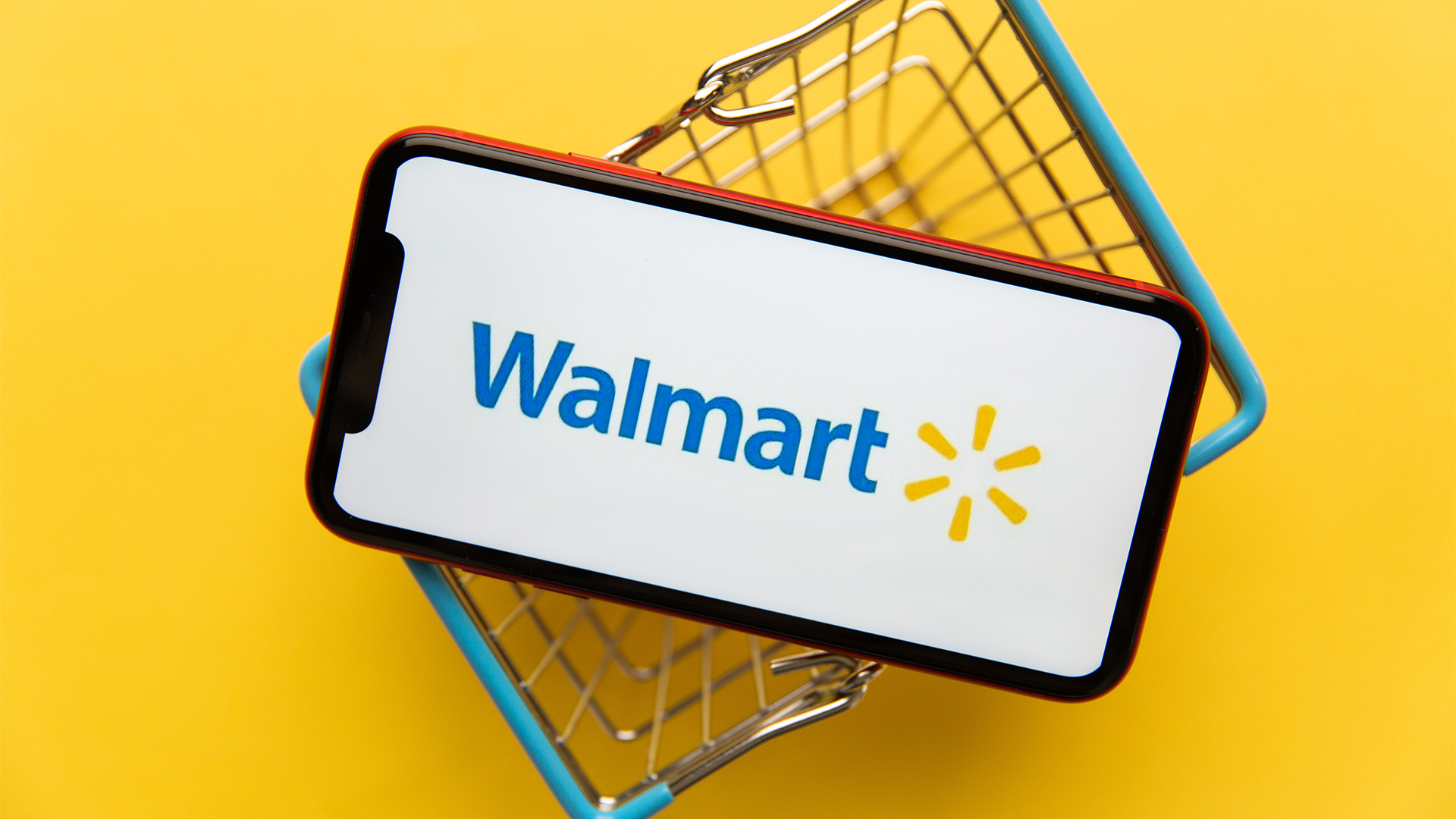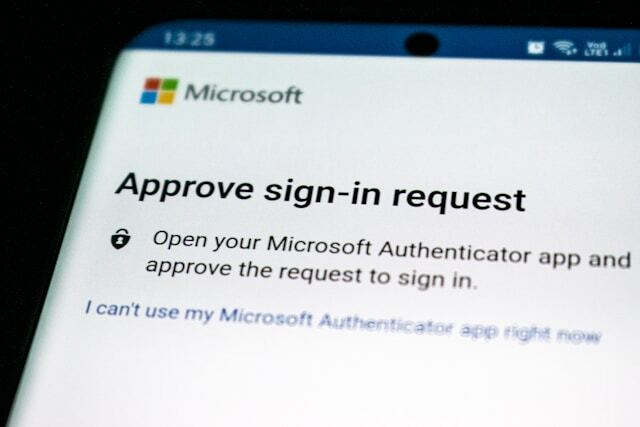MFT Gateway is a hosted Software as a Service (SaaS) solution that enables file exchange over the AS2 or SFTP protocol, without the need to install or maintain.
- Blog
- An Introduction to Webhook Authentication: Digital Signatures
AS2
An Introduction to Webhook Authentication: Digital Signatures
Learn about webhook authentication, why signatures are crucial for security, and how they work in our latest blog. Read now.

Adheeb Shafik
Published: 14 Aug 2024

In the world of modern web development, webhooks have emerged as a powerful tool for enabling real-time communication between applications. They allow one system to send automated messages or information to another system when a particular event occurs. However, with this power comes the need for robust security measures to ensure that these communications are authentic and trustworthy. One such measure is the use of digital signatures for webhook authentication. This blog will explore what webhooks are, why signatures are crucial for their security, how these signatures work, and the Signature Generation feature for Webhook Payloads in MFT Gateway.
What is a Webhook?
A webhook is a method of altering the behavior of a web page or web application with custom callbacks. These callbacks may be maintained, modified, and managed by third-party users and developers who may not necessarily be affiliated with the originating website or application. Essentially, a webhook allows an application to provide other applications with real-time information.
For example, consider a scenario where you have an e-commerce site and you want to notify a third-party system every time a new order is placed. Instead of the third-party system continuously polling your e-commerce site for new orders, you can set up a webhook to send a message to the third-party system as soon as a new order is placed. This approach is more efficient and reduces unnecessary load on both systems.
Why Need Signatures for Webhooks?
As useful as webhooks are, they also come with security challenges. Since webhooks operate over the internet, they are susceptible to various attacks such as spoofing, tampering, and replay attacks. Without proper security measures, an attacker could intercept and modify webhook payloads or send fraudulent requests to your system.
This is where webhook authentication, specifically using digital signatures, becomes crucial. By signing the webhook payload with a secret key known only to the sender, the receiver can verify the authenticity and integrity of the payload using the corresponding public key. This ensures that the payload has not been tampered with and that it originates from a trusted source.
How Do Signatures Work?
Digital signatures for webhooks typically involve a cryptographic algorithm that generates a signature based on the webhook payload and a secret key. Here’s a step-by-step explanation of how this process works:
- Payload Creation: The sender application creates a payload containing the event data.
- Signature Generation: The sender application uses a secret key and a cryptographic algorithm (such as HMAC with SHA-256) to generate a signature based on the payload.
- Sending the Webhook: The payload and the generated signature are sent to the receiver application as part of the HTTP request headers.
- Signature Verification: The receiver application uses the corresponding public key to verify the signature. It does this by decrypting the signature with the public key and comparing it to a newly generated hash of the received payload.
- Validation: If the decrypted signature matches the hash of the payload, the payload is considered authentic and unmodified. If they do not match, the payload may have been tampered with or originated from an untrusted source.
This process ensures that even if an attacker intercepts the payload, they cannot alter it without knowing the secret key. Any alteration would result in a mismatched signature during the verification process, indicating potential tampering.
Signatures for Webhook Payloads in MFT Gateway
MFT Gateway provides an advanced feature for enhancing webhook security. This feature streamlines the process of securing webhooks by automatically generating and validating digital signatures.
Key Aspects of MFT Gateway’s Signatures for Webhook Payload
-
Automatic Signature Generation: When enabled, MFT Gateway calculates the SHA-256 (pkcs1-sha256) signature for each webhook payload. This signature is created using a system-generated key pair dedicated to your account and included in the request headers as a custom HTTP header.
-
Public Certificate for Verification: To verify the received signature, you can use the webhook public certificate available for download from the MFT Gateway UI. This certificate allows you to confirm the authenticity of the webhook data.
-
Conversion to Public Key Format: If necessary, you can convert the downloaded public certificate into a public key format using the following OpenSSL command:
openssl x509 -pubkey -noout -in webhook-cert.pem > webhook-pubkey.pemThis public key can then be used to verify the signature. -
Signature Verification in JavaScript: For JavaScript applications, the JSON Sign NPM module can be used to verify the authenticity of the webhook signature. This module simplifies the process of signature validation, ensuring that your application can efficiently and securely handle webhook data.
Conclusion
Webhooks are an essential component of modern web applications, enabling real-time updates and seamless integration. However, their effectiveness can be compromised by security vulnerabilities if not properly secured. Digital signatures provide a crucial layer of protection by ensuring that webhook data is both authentic and intact.

Talk to an EDI Expert
Join hundreds of organizations already taking full control of their B2B AS2 communications with our trusted solutions. Contact us today to tailor a solution that fits your specific AS2 EDI needs.
Related Articles
View All BlogsExplore our product stack
Try before you buy with a 30-day Free Trial
No commitment, all value. Try the AS2 Solution Risk-Free and discover how our solutions can transform your business workflows. No credit card required.
Explore Your Possibilities
Elevate AS2 Communications with our EDI and AS2 Solutions
See how our AS2 and EDI solutions can simplify your integrations, boost efficiency, and keep you compliant—request a personalized demo today.





